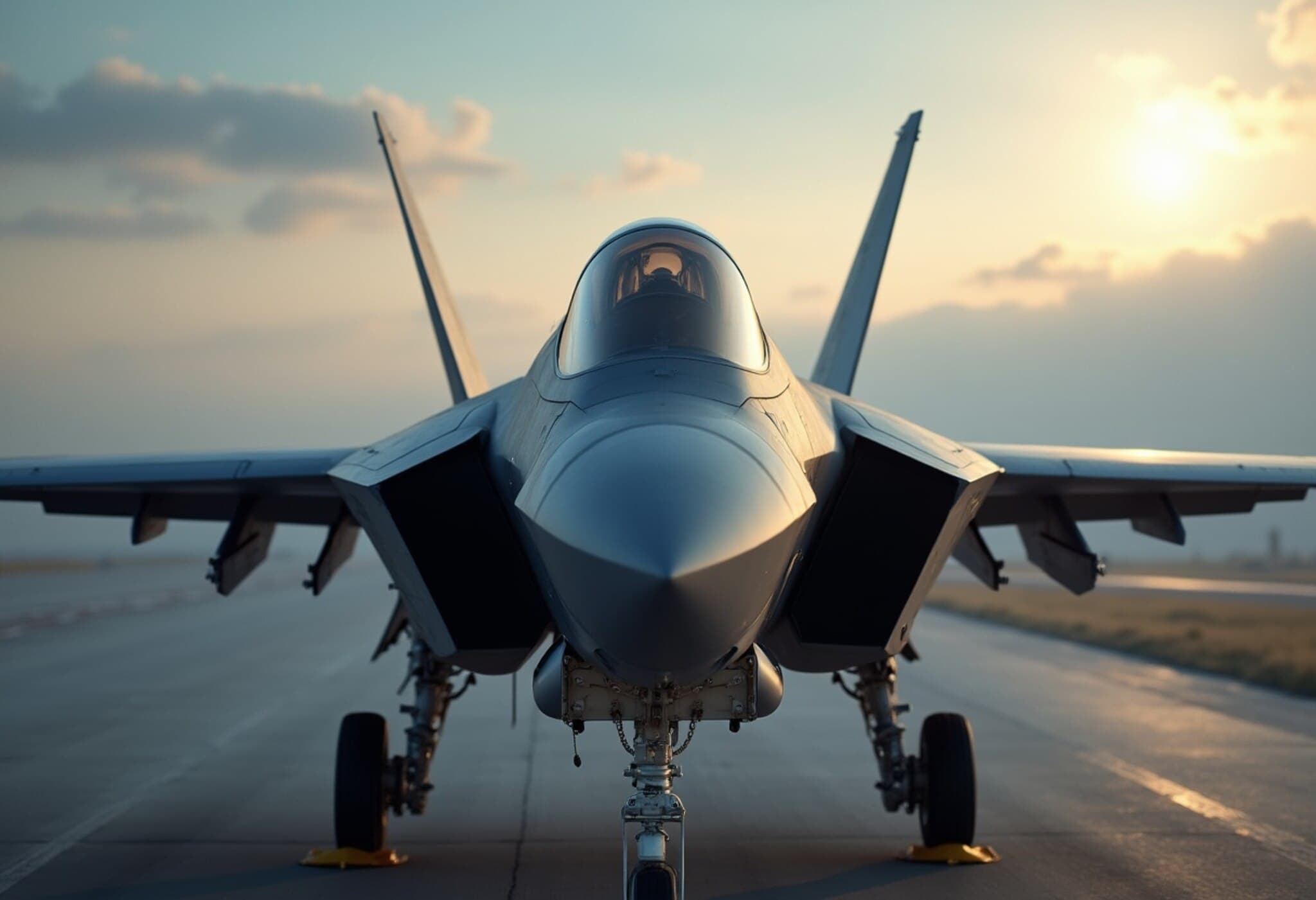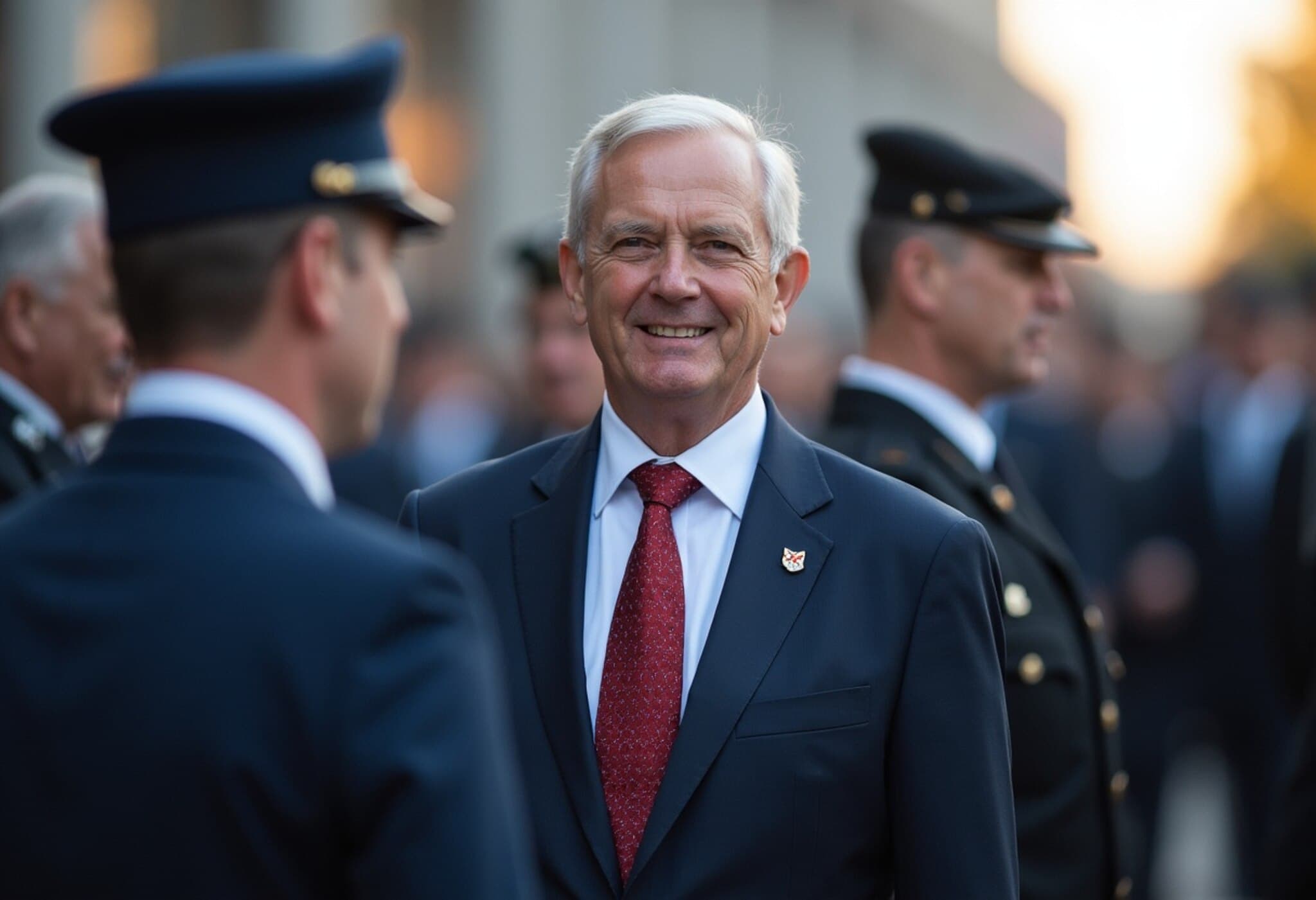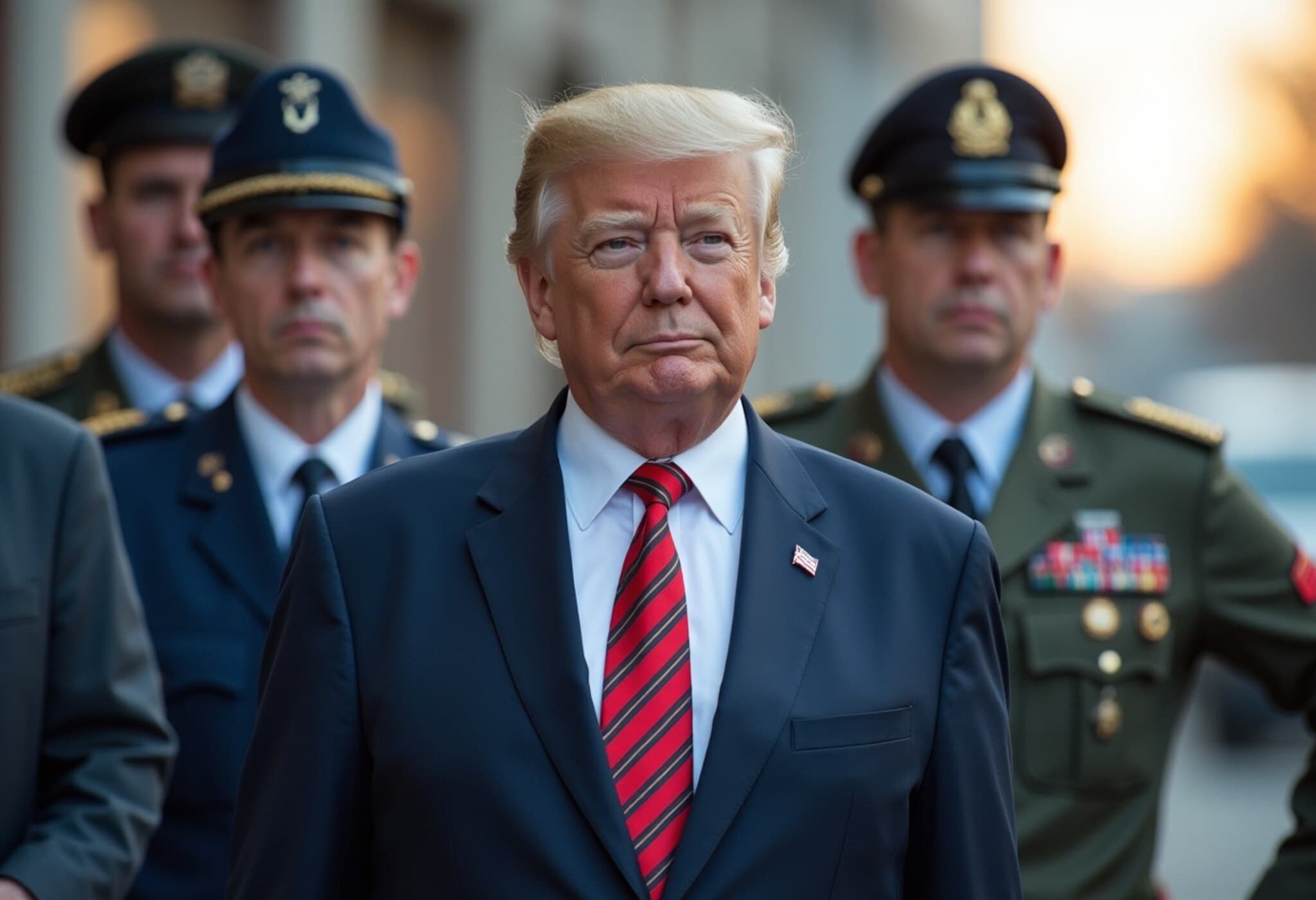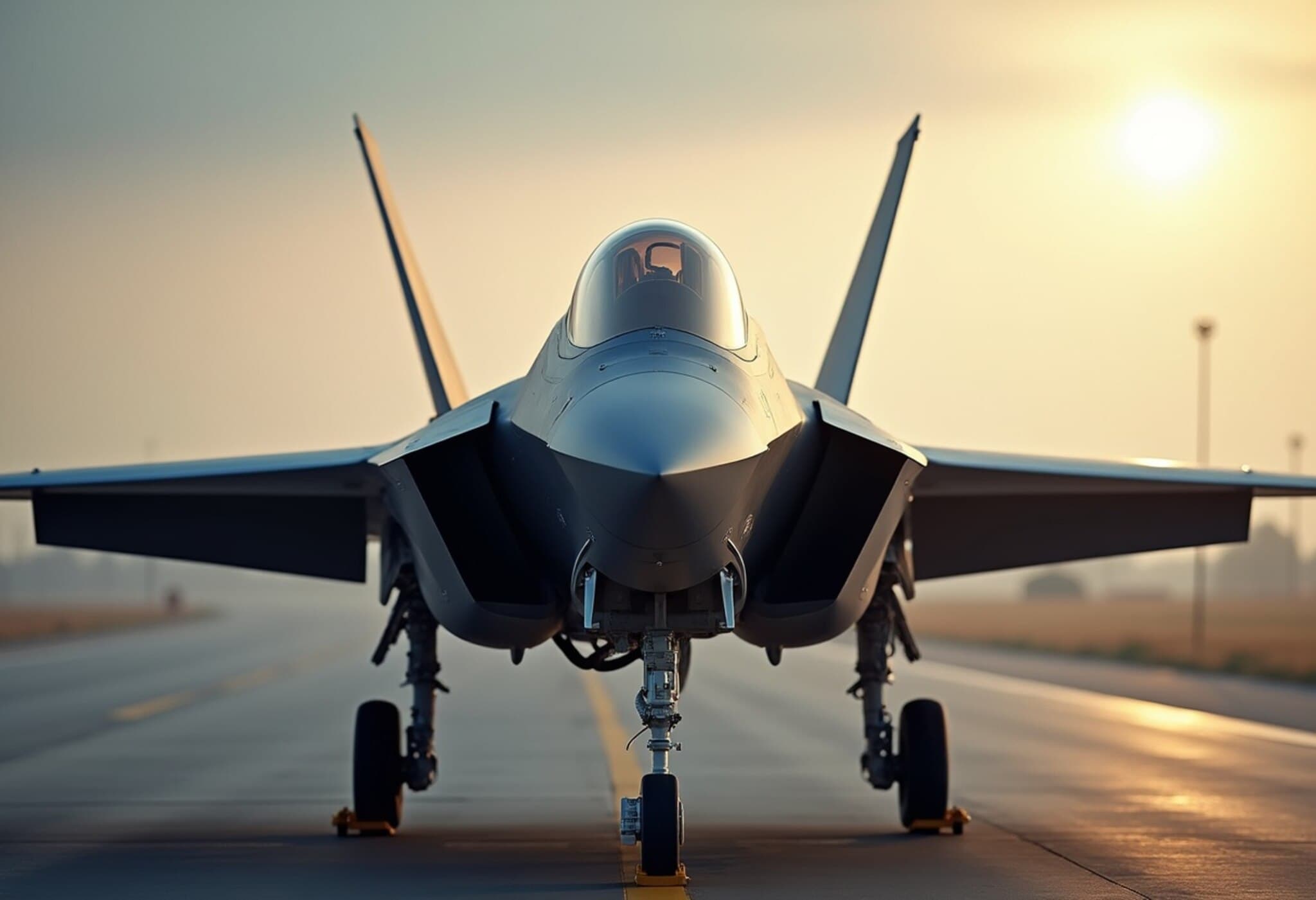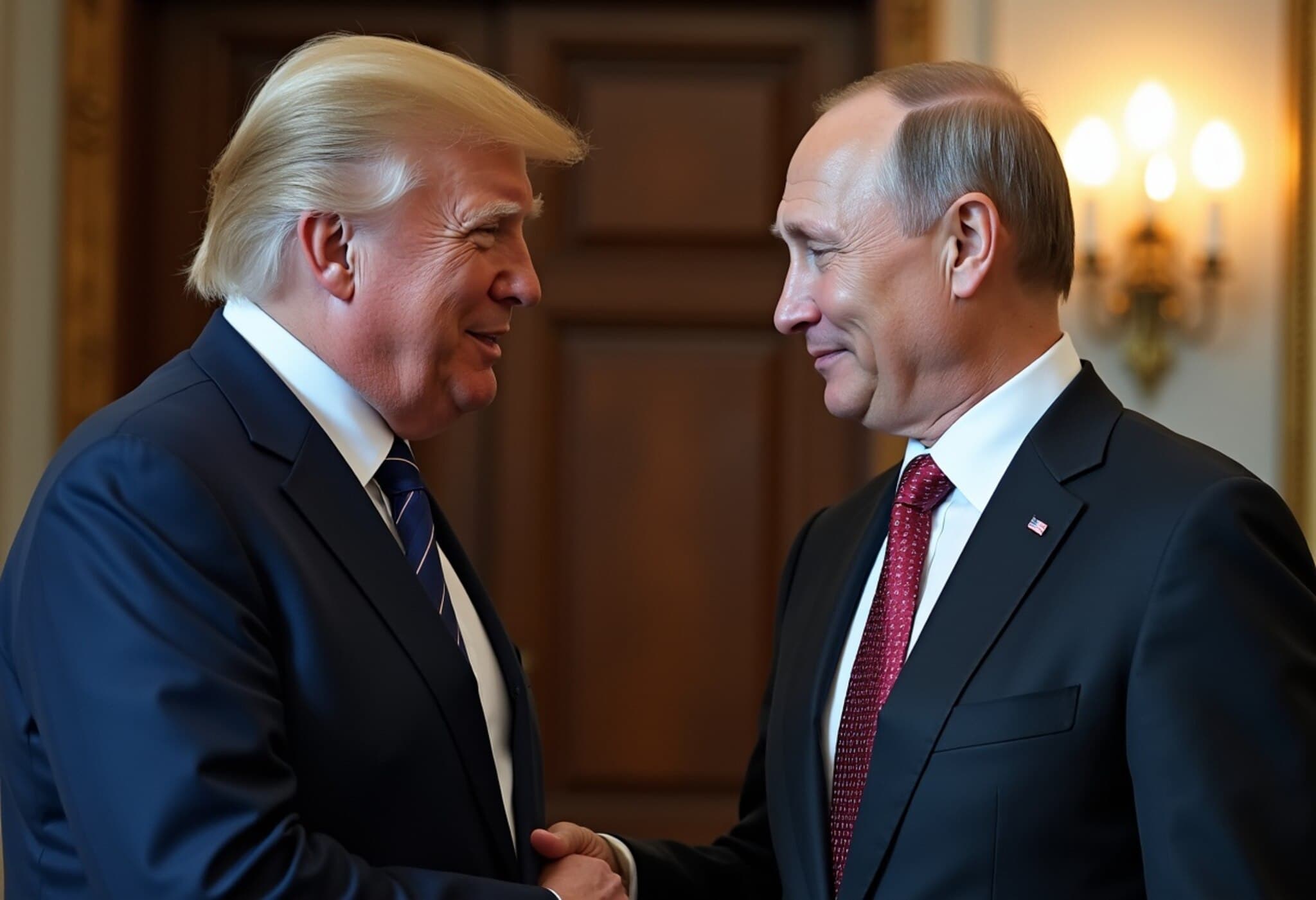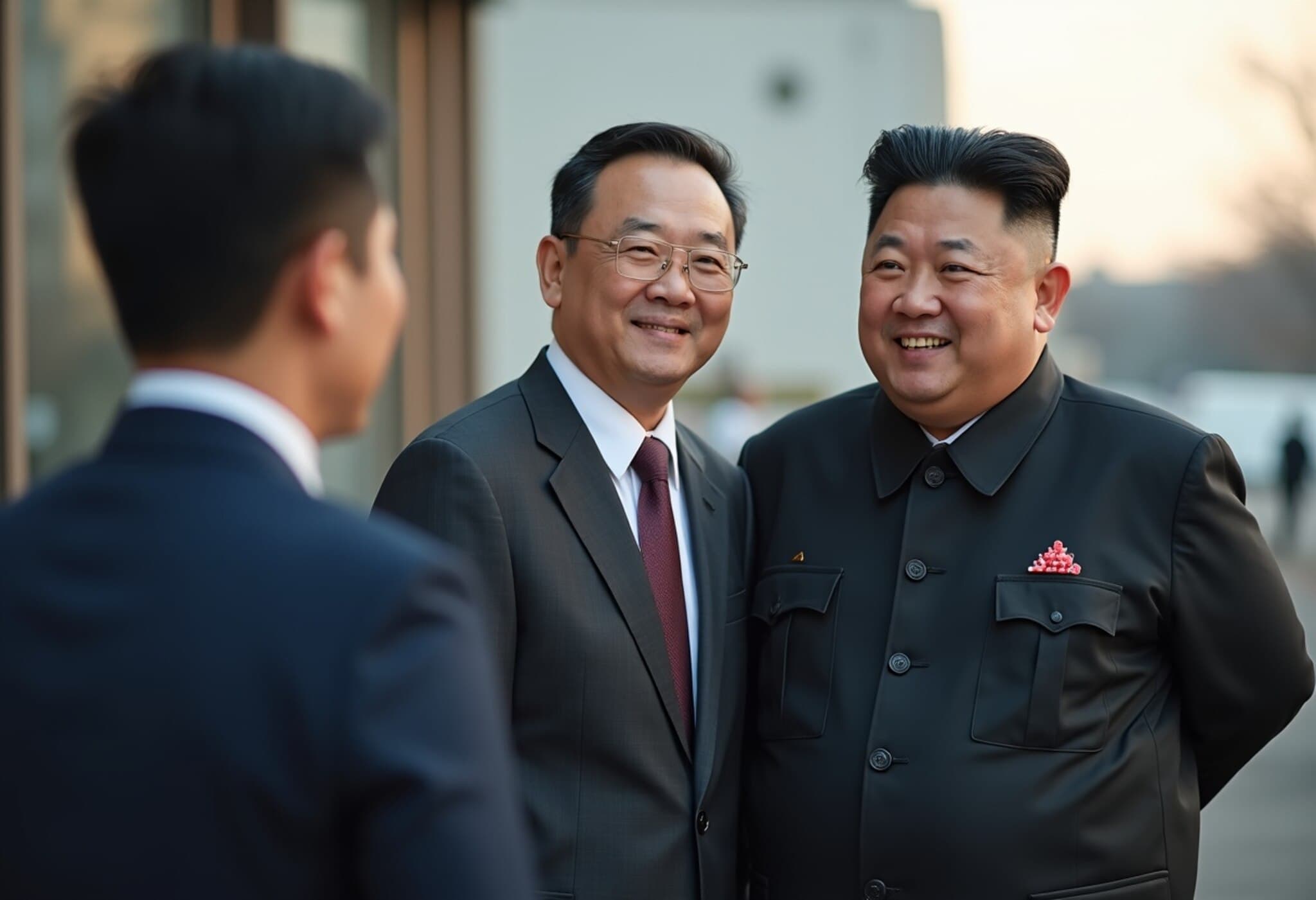Retired US Generals Warn of Urgent Need to Strengthen Air Capabilities Against Growing China Threat
As tensions simmer over Taiwan, a coalition of retired high-ranking United States Air Force generals has sent a clarion call to Congress, urging substantial investment in critical air assets — specifically 75 new F-35A fighter jets and full funding for the E-7 Wedgetail airborne command-and-control aircraft. Their concerns center on the increasing risk of conflict with China and the strategic necessity of air dominance in the Pacific region.
Air Superiority: The Decisive Factor in Pacific Security
Addressing congressional leaders, including House Speaker Mike Johnson and Senate Majority Leader Chuck Schumer, the senior retired military officers emphasized that control over the skies above the Pacific could determine the outcome of any future conflict. “If conflict does come, there will be no more decisive question than who controls the skies over the Pacific,” the letter states, underscoring the urgency of immediate congressional action.
This stark warning is set against intelligence suggesting that China is aggressively advancing capabilities that could enable a successful amphibious assault on Taiwan by 2027. Given these timelines, the retired generals argue that delay or reduction in critical defense procurement risks hampering the United States’ ability to deter aggression or respond effectively if deterrence fails.
Why the F-35A Matters Now More Than Ever
The letter advocates reinstating the Air Force's goal of acquiring 1,763 F-35A Lightning II jets, positioning it as the backbone of modern air combat. These fifth-generation fighters have repeatedly demonstrated their combat effectiveness, with recent missions such as Operation Midnight Hammer and Israel's offensive against Iranian air defenses highlighting their cutting-edge capabilities.
Retired commanders acknowledge past developmental challenges but highlight the imminent completion of the Tech Refresh 3 upgrade, which promises significant enhancements in hardware and software, strengthening the jet’s operational edge.
Furthermore, soaring international demand bolsters the F-35’s reputation: leading allies such as the United Kingdom, Italy, the Netherlands, and Finland have all either expanded or committed to bolstering their fleets.
The E-7 Wedgetail: An Irreplaceable Command Asset
In addition to advocating for the F-35A, the retired generals strongly oppose eliminating the E-7 Wedgetail program in favor of acquiring additional E-2 Hawkeye aircraft, which they categorize as a stopgap measure.
The advanced capabilities of the E-7 — already adopted by allies like Australia, South Korea, Turkey, and NATO partners — provide a robust airborne command, control, and battle management system essential for effective air power projection.
The letter highlights the UK’s recent reversal on fleet reductions during its Strategic Defence Review as evidence of the E-7’s irreplaceable role in modern defense postures.
Congress at a Crossroads: Critical Defense Funding Decisions Ahead
The House Appropriations Committee has proposed funding 42 F-35As and an additional $500 million toward E-7 Wedgetail development, moves the generals laud but deem insufficient. Their firm recommendation is full restoration of the E-7 program and securing funding for 75 F-35As, framing these steps as indispensable to maintaining US air superiority and regional stability.
Strategic Context and What’s at Stake for US National Security
The warning arrives amid a broader strategic recalibration in Washington, where the Indo-Pacific region increasingly commands attention as the focal point of US-China rivalry. For decades, US military strategy has underscored the centrality of air dominance in protecting allies, preserving freedom of navigation, and deterring hostile actions.
Failing to invest now not only endangers near-term deterrence but also risks ceding technological and strategic superiority to China, with profound geopolitical consequences for Taiwan’s sovereignty and the larger Pacific security architecture.
Expert Insights: The Human and Policy Dimensions
- Veteran Military Insight: The letter’s signatories include Generals Joseph Ralston, Merrill McPeak, Michael Ryan, Philip Breedlove, and Lori Robinson — a collective voice representing decades of operational experience and strategic leadership.
- Legislative Imperative: The call implores Congress to translate assessments into decisive budgetary action in the Fiscal Year 2026 defense bill, reinforcing the need for foresighted policymaking amid geopolitical uncertainty.
- Broader Economic Impact: Investing in the F-35 and E-7 programs supports American defense industrial base jobs and technological innovation, strengthening national security through economic vitality.
Editor’s Note
As China zeroes in on its Taiwan ambitions, the debate over US defense procurement transcends mere numbers, touching on strategic posturing, alliance assurance, and the preservation of peace through strength. This letter from seasoned generals serves as a sobering reminder of the stakes involved and the narrow window available for action.
Policymakers, industry leaders, and the public alike should weigh these expert voices carefully. The choices made this year in Washington could well shape the arc of peace and conflict in the Indo-Pacific for decades to come.

